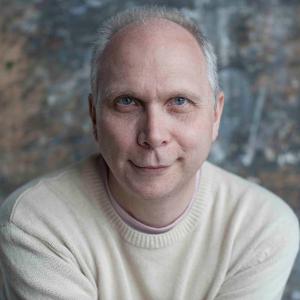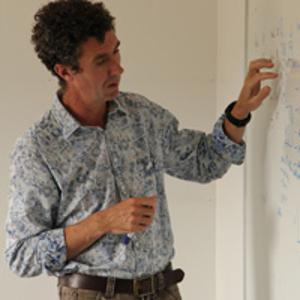Dieter Braun: Recreating the Origin of Life
Systems Biophysics | Academic Year 2017/2018
Systems Biophysics | Academic Year 2017/2018
Every person asks themselves the apparently simple question: where do we come from? How did life originate? How can we address such complex issues while only having access to fragments of the process? Through the technical and experimental developments of recent years, it is now possible to derive answers and to address this question more precisely and with a sound scholarly basis. Instead of simply collecting facts, biological systems can now be directly tested by synthetically reconstructing them. Parallel to this, biology is currently undergoing a paradigm shift, developing from a purely descriptive to a quantifying science. Modern methods from chemistry, astronomy, geology and physics can be combined, thus enabling the experimental confirmation or rejection of very specific hypotheses.
The CAS research group led by Dieter Braun is concerned with thermodynamic imbalances which drive the transformation of non-living material into emerging molecules. To be specific, thermal gradients in rock pores on a micro scale are used to drive the selection and replication of the first molecules which produced the first cycles of Darwinian evolution. This research, however, is merely a small piece of the puzzle in the reconstruction of the history of the solar system and the Earth, which will be modified further in the course of continued research. The aim of the group is to produce a coherent picture in the laboratory of the origination of life.
California Institute of Technology
Astrobiology

Université Pierre et Marie Curie / École Normale Supérieure (Paris)
Chemistry
The Scripps Research Institute
Chemistry

Max Planck Institute for Evolutionary Biology / ESPCI Paris-Tech
Evolutionary Biology